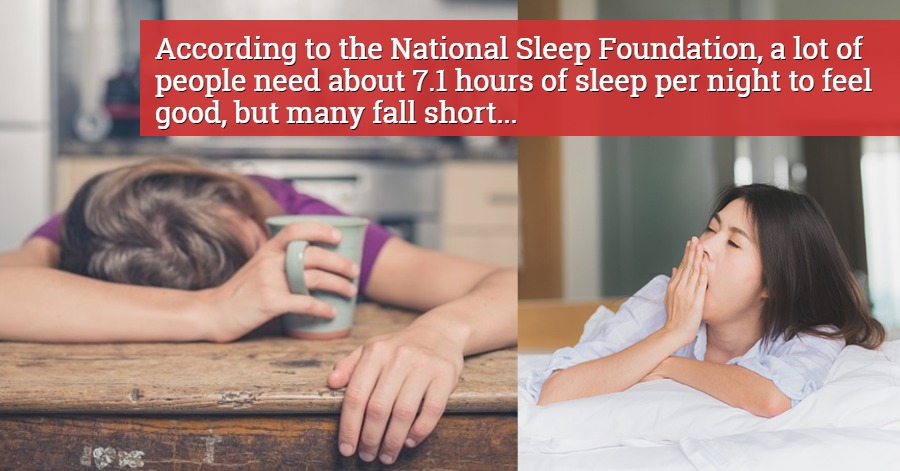For those who might not know, sleep debt is actually the cumulative effect of not getting enough sleep. You guys should be aware because a large sleep debt may lead to mental or physical fatigue, and can adversely affect one’s mood, energy, and also ability to think clearly. There are two kinds of sleep debt that are the result of partial sleep deprivation and that of total sleep deprivation. Partial sleep deprivation occurs when a person or a lab animal sleeps too little for several days or weeks. Total sleep deprivation, on the other hand, occurs when the subject is being kept awake for at least 24 hours. It is very harmful to the health of anyone in the whole wide world mentally or physically.
According to a particular study done in the year 2016, this issue known as sleep debt cannot be resolved with just one long day of sleep. In fact, this study says that we turn out to need up to four days of sleep to fully recover if the lack of sleep is one hour a day. Such a terrible and horrendous effect of this sleep debt. Never thought that it is very serious.
@drsarahsleepTreat your sleep like a credit card. Pay off your sleep debt every night 💯💤 #sleep #sleeptok #myths #sleepdeprivation #sleeptips #PINKHolidayRemix
According to the National Sleep Foundation, a lot of people need about 7.1 hours of sleep per night to feel good, but many fall short of that goal on a regular basis. This is due to many factors, such as school responsibilities, long work hours, and increased use of electronics like smartphones. Many people think they can make up for their lost sleep on the weekends. However, if you sleep too long on Saturday and Sunday, it is difficult to get to bed on time on Sunday night. The deficit then continues into the next week. All in all, the lost sleep would never be replaced by other sleep.
Ways To Overcome Sleep Debt
- Go to sleep 15 minutes earlier each night until you reach your desired bedtime.
- Do not sleep later than two hours past when you normally wake up, even on the weekends.
- Stop using electronics two hours before bedtime.
- Make sure your bedroom is dark and cool enough.
- Avoid caffeine late at night.
- Exercise no later than three hours before you go to bed.
- Avoid naps outside of 20-minute power naps.
Sources: TikTok drsarahsleep, Sleep Foundation.









Leave a Comment